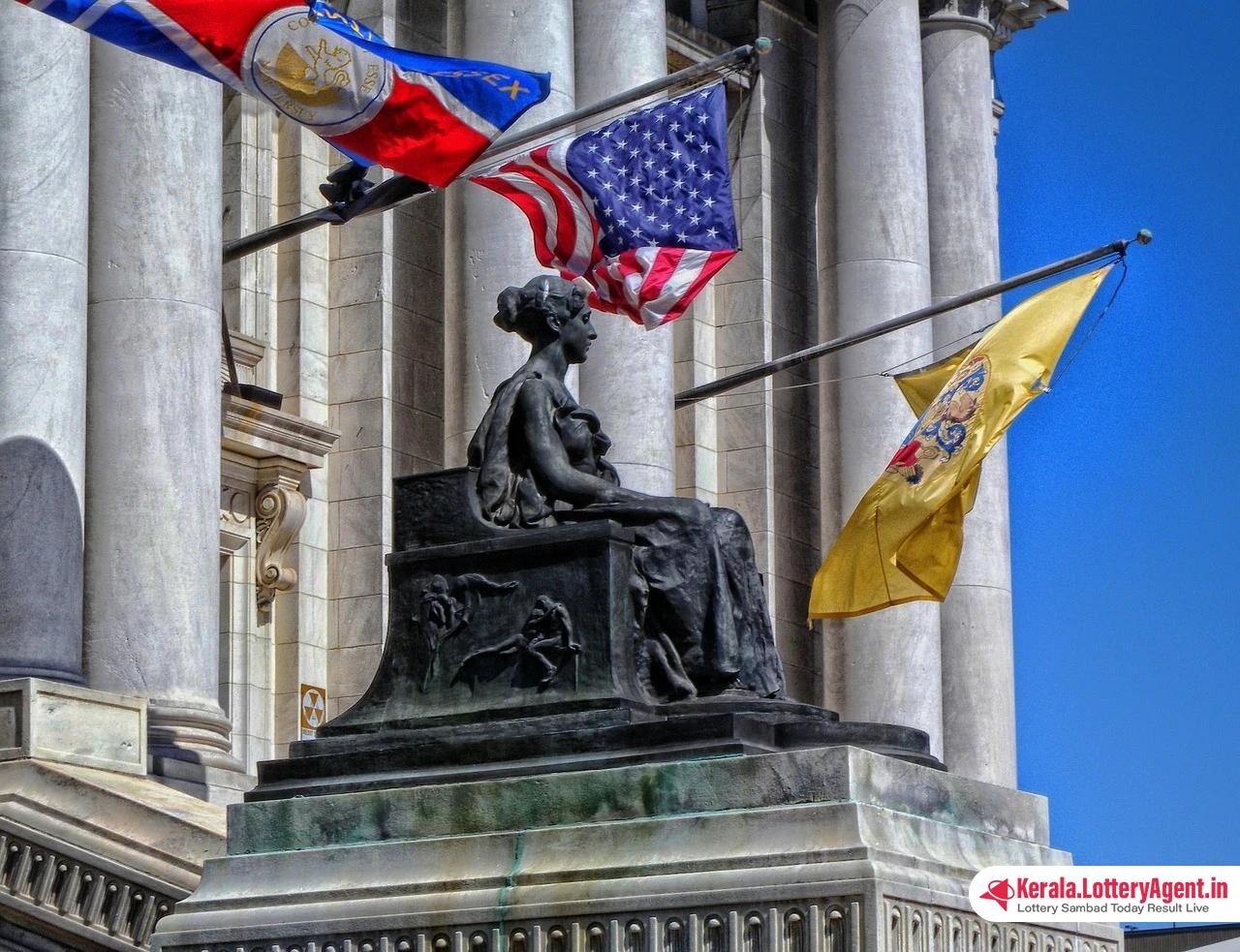
In the state of New Jersey, a significant legislative development could potentially reshape the landscape of online gambling and sports betting. Under Senate Bill 3064, introduced on April 8th after an initial filing last week, New Jersey lawmakers are deliberating a considerable tax hike which would see the rates for online gambling and sports betting gross gaming revenue jump to 30%. The bill, now referred to the Senate State Government, Wagering, Tourism & Historic Preservation Committee, seeks to amend existing taxation laws, specifically Section 17 of P.L.2013, c.27 and Section 7 of P.L.2018, c.33.
Should this bill pass through the legislative process and gain approval, it would enact the new tax rate starting from January 1st following its passage. This increase would place a substantial financial demand on the 18 mobile sportsbooks operating within New Jersey’s borders, elevating the state’s tax level to one of the highest in the nation. Presently, New York holds the record for the highest sports betting tax rate at 51%, with Pennsylvania trailing at a 36% tax on gross gaming revenue (GGR).
The implications of such a tax adjustment in New Jersey are manifold. Not only would it affect online operators significantly, but it would also realign the state’s competitive position among other jurisdictions. Several states, such as Delaware, New Hampshire, and Rhode Island, maintain high GGR tax rates of 50-51%, albeit through state-run gambling monopolies. By contrast, New Jersey’s potential 30% rate stands to impact a wide array of commercial operators currently benefiting from one of the nation’s most vibrant online gambling markets.
New Jersey’s igaming ecosystem currently features an impressively low tax rate, with 30 active igaming sites contributing to its economy. However, a hike to 30% GGR tax would surpass tax rates of other states like Connecticut, which taxes at 18% (set to rise to 20% after five years), Michigan at 20%, and West Virginia at 15%. For perspective, Pennsylvania imposes a split rate system where slots face a stiff 54% tax and table games only 16%.
The current legislative move draws parallels to Ohio’s tax rate doubling, as implemented by Governor Mike DeWine in his 2024-25 budget, which elevated the rate from 10% to 20%. This action quickly soured DeWine’s rapport with the industry as the state’s Casino Control Commission moved to censure what it saw as an excessive flood of sportsbook marketing.
Earlier this year, discussions around New Jersey’s gambling industry reached fervent levels. Senator Joseph Pennacchio reintroduced a measure to introduce slots at racetracks and restrict advertising, an effort with several unsuccessful attempts since 2014. Additionally, research sponsored by the Campaign for Fairer Gambling, conducted by the National Economic Research Associates, suggested that despite taxes generated by New Jersey’s igaming market, the socioeconomic costs of gambling harm might offset these contributions.
This assessment runs counter to a 2019 report which argued that between 2013 and 2018, internet casino gambling alone infused New Jersey with $401 million in wages and supported over 6,500 jobs. The study attributes $259.3 million in tax revenue to government coffers during the period, with $178.9 million of that sum from gaming tax alone.
2023 saw New Jersey’s gambling revenue achieve an all-time high of $5.78 billion. The momentum continued into January 2024, with revenues reaching $559.1 million, marking a 28.0% increase compared to the same month in the previous year. Amidst this backdrop of financial success, the proposed tax hike presents both an opportunity for increased government revenue and a potential challenge to the state’s thriving betting industry.












